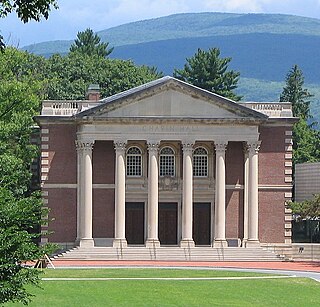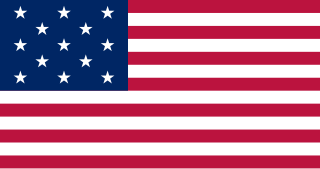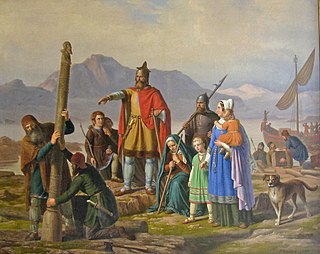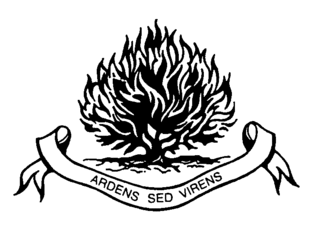A major contributor to this article appears to have a close connection with its subject.(September 2017) (Learn how and when to remove this template message) |
| Motto | Sit Lux (Latin) ("Let there be light") |
|---|---|
| Type | Private |
| Established | 1794 |
| Endowment | US$15.7 million |
| President | Dr. James Hurley |
Administrative staff | 272 |
| Undergraduates | 2,446 |
| Postgraduates | 159 |
| Location | Tusculum , Tennessee , United States |
| Campus | Rural, 140 acres (0.57 km2) |
| Colors | Orange and Black |
| Athletics | NCAA Division II South Atlantic Conference 18 sports teams |
| Affiliations | Presbyterian Church (USA) |
| Mascot | Pioneers |
| Website | www |
Tusculum College is a coeducational private college affiliated with the Presbyterian Church (USA), with its main campus in the city of Tusculum, Tennessee, United States, a suburb of the town of Greeneville. It is Tennessee's oldest college and the 28th-oldest operating college in the United States. [1]
Private universities are typically not operated by governments, although many receive tax breaks, public student loans, and grants. Depending on their location, private universities may be subject to government regulation. This is in contrast to public universities and national universities. Most private universities are non-profit organizations.

A college is an educational institution or a constituent part of one. A college may be a degree-awarding tertiary educational institution, a part of a collegiate or federal university, an institution offering vocational education or a secondary school.

The Presbyterian Church (USA) is a mainline Protestant denomination in the United States. A part of the Reformed tradition, it is the largest Presbyterian denomination in the US, and known for its relatively progressive stance on doctrine. The PC (USA) was established by the 1983 merger of the Presbyterian Church in the United States, whose churches were located in the Southern and border states, with the United Presbyterian Church in the United States of America, whose congregations could be found in every state. The similarly named Presbyterian Church in America is a separate denomination whose congregations can also trace their history to the various schisms and mergers of Presbyterian churches in the United States.
Contents
- History
- Origin of name
- Presidents
- Academics
- Accreditation
- Programs of study
- Athletics
- Key events in athletic program
- Sports facilities
- Notable alumni
- Notes
- References
- Further reading
- External links
In addition to its main campus, the institution maintains a regional center for Graduate and Professional Studies in Knoxville, and additional satellite campuses across East Tennessee.

Knoxville is a city in the U.S. state of Tennessee, and the county seat of Knox County. The city had an estimated population of 186,239 in 2016 and a population of 178,874 as of the 2010 census, making it the state's third largest city after Nashville and Memphis. Knoxville is the principal city of the Knoxville Metropolitan Statistical Area, which, in 2016, was 868,546, up 0.9 percent, or 7,377 people, from to 2015. The KMSA is, in turn, the central component of the Knoxville-Sevierville-La Follette Combined Statistical Area, which, in 2013, had a population of 1,096,961.
A satellite campus or branch campus is a campus of a college or university that is physically at a distance from the original university or college area. This branch campus may be located in a different city, state, or country, and is often smaller than the main campus of an institution. The separate campuses may or may not be under the same accreditation and share resources or they share administrations but maintain separate budgets, resources, and other governing bodies.
East Tennessee comprises approximately the eastern third of the U.S. state of Tennessee, one of the three Grand Divisions of Tennessee defined in state law. East Tennessee consists of 33 counties, 30 located within the Eastern Time Zone and three counties in the Central Time Zone, namely Bledsoe, Cumberland, and Marion. East Tennessee is entirely located within the Appalachian Mountains, although the landforms range from densely forested 6,000-foot (1,800 m) mountains to broad river valleys. The region contains the major cities of Knoxville, Chattanooga, and Johnson City, Tennessee's third, fourth, and ninth largest cities, respectively.


















